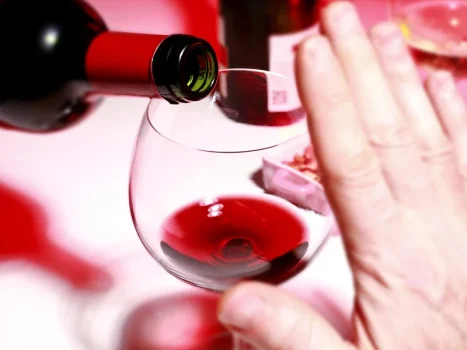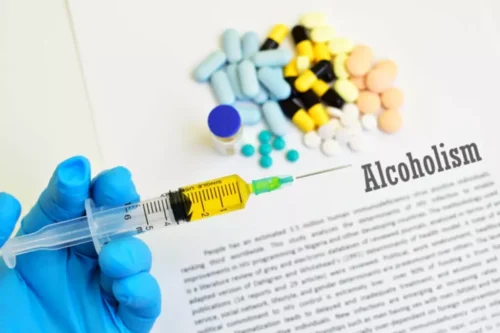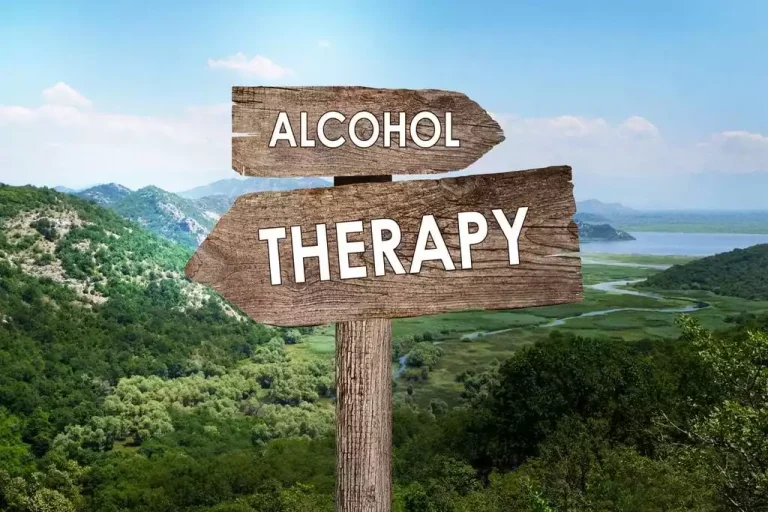
The other important aspect of avoiding replacement addictions is to address any underlying mental health problems. Substance use commonly occurs alongside other mental health conditions. Others find it painful, difficult, and frustrating, sometimes needing many attempts recovery motivation before achieving their goal. Still, others discover new sides to themselves during the quitting process (a greater capacity for compassion, for example). Medications can be utilized to treat symptoms of withdrawal, help people remain in treatment, and prevent relapse.
When to seek help

It shows that when goals and aspirations are internalized, individuals can better handle the ups and downs of sobriety. Stories of people who have overcome addiction can be a source of motivation during the recovery process. These real-life success stories and testimonials show the power of determination, resilience, and support.
Be Realistic and Identify the Pros and Cons of Staying Clean
- Warren is a Licensed Master Social Worker, who specializes in substance abuse and mental health treatment.
- By resolving those underlying issues, one can create hope and internal motivation on the path to recovery.
- These small actions may seem insignificant, but they add up to make a big impact on how you feel overall.
- The activity of recovery itself is satisfying as it’s giving you a sense of accomplishment and self-improvement, so you keep doing it.
Along with relatedness and competence, fulfilling our basic needs leads to more intrinsic motivation and readiness to engage with the world and experience better psychological health. These 17 Motivation & Goal Achievement Exercises [PDF] contain all you need to help others set meaningful goals, increase self-drive, and experience greater accomplishment and life satisfaction. We have many motivation tools and techniques available to gain a greater awareness of your psychological needs, along with multiple approaches for promoting intrinsic motivation and making behavioral changes. Research has shown that rewarding someone who is intrinsically motivated using extrinsic rewards, such as money or awards, can reduce intrinsic motivation (Deci & Ryan, 2008). The following techniques can help to encourage perceptions of autonomy, relatedness, and competence and support positive outcomes in psychotherapy and behavioral change (Ryan & Deci, 2017). Such intrinsic motivation is not a given; it is conditional on satisfying feelings of competence, autonomy, and relatedness.

FAQs about The Science Of Motivation In Addiction Recovery: How To Stay Motivated When The Going Gets Tough

Recognizing, accepting, and changing our response to shame helps us to live more joyfully. Taking controlled substance prescriptions like opioids or benzodiazepines the wrong way can kill. Shift perspective to see relapse and https://ecosoberhouse.com/ other “failures” as opportunities to learn. Identify key past events that gave rise to negative beliefs about yourself. The prospect of change engages people in an inner dialogue about hope, disappointment, and accountability.
Treat Co-Occurring Mental Health Conditions
When a person goes into treatment, it isn’t just a case of fixing the problem person. The change destabilizes the adaptation the family has made—and while the person in recovery is learning to do things differently, so must the rest of the family learn to do things differently. Otherwise, their behavior is at risk of cementing the problem in place. Peer or mutual support is not restricted to AA or NA; it is available through other programs that similarly offer regular group meetings in which members share their experiences and recovery skills. SMART Recovery is a secular, science-based program that offers mutual support in communities worldwide as well as on the internet and has specific programming for families. All Recovery accommodates people with any kind of addiction and its meetings are led by trained peer-support facilitators.
No matter which pathway of recovery a person chooses, a common process of change underlies them all. The well-researched science of behavior change establishes that addictive behavior change, like any behavior change, is a process that starts long before there’s any visible shift in activity. The endpoint is voluntary control over use and reintegration into the roles and responsibilities of society.
- Most of us live a life of many goals with our time spread thinly across each one.
- Based on an individualistic experience, finding what motivates you to stay sober is a big part of the battle of staying sober.
- Lembke says this balancing see-saw of pleasure and pain made sense in the time of early humans, when we had to constantly search for our basic needs – food, water, shelter.
- Many people desire only to moderate use and bring it under control.
- According to one model of behavior change known as the transtheoretical model, making any kind of change involves a process that starts with pre-contemplation and moves into contemplation.
- The symptoms involved in PAWS can be a barrier to recovery if you’re not careful.
